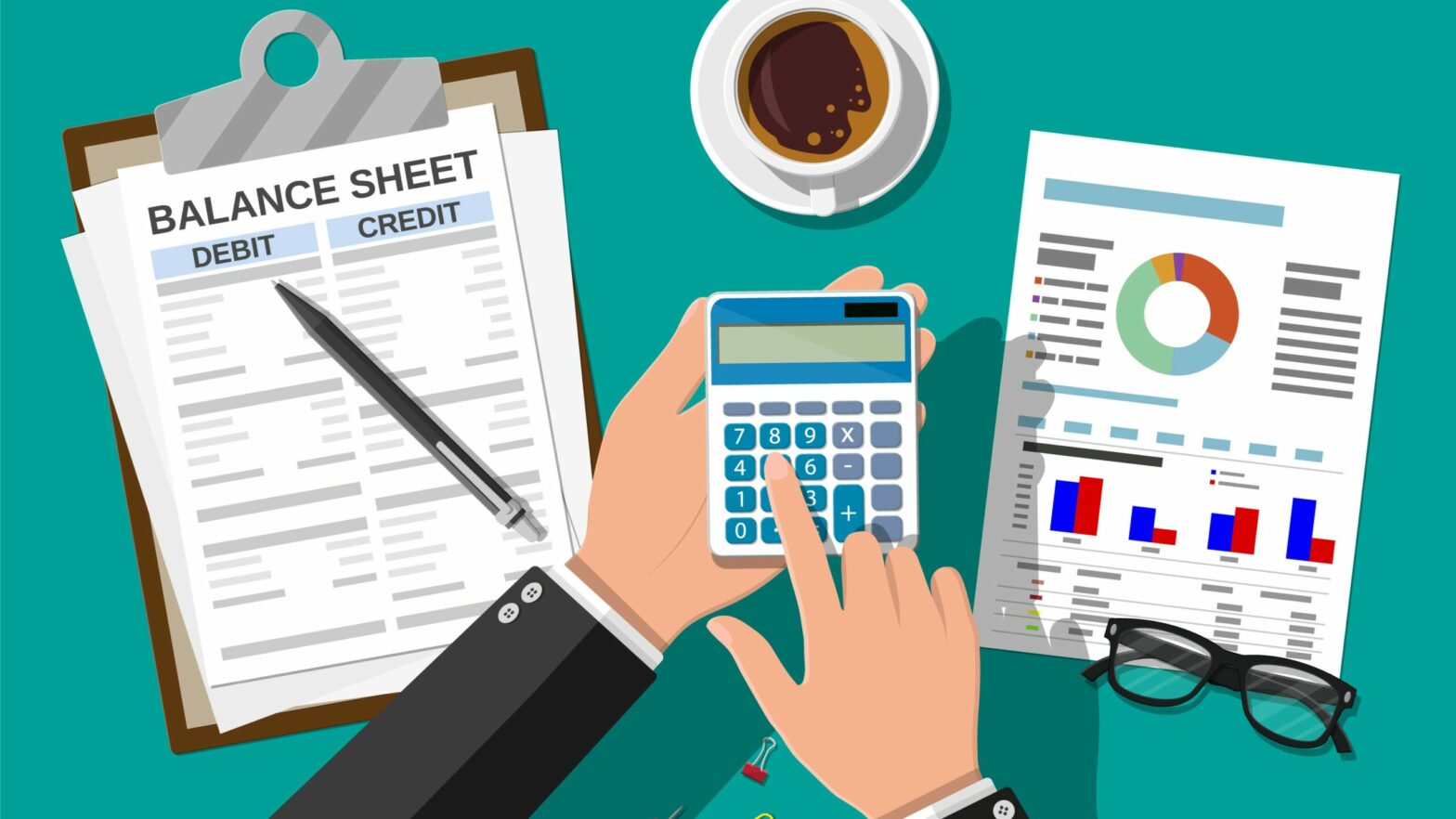For the first time in more than ten years, the Bank of England has raised interest rates. The official bank rate has been lifted from 0.25 per cent to 0.5 per cent, the first increase since July 2007.
It is likely to rise twice more over the next three years, according to Bank of England governor Mark Carney.
The move reverses the cut in August of last year, which was made in the wake of the vote to leave the European Union.
Almost four million households face higher mortgage interest payments after the rise, but it should give savers a modest lift in their returns.
As well as many of the country’s 45 million savers, anyone considering buying an annuity for their pension will also see better deals. The main losers will be households with a variable rate mortgage.
The hike has divided opinion and it is yet to be seen how severely the impact will hit the UK. Mr Carney expects banks to pass on the rate rise to savers, but said many mortgages, loans and credit cards would not see an immediate impact.
He said that British households have been “savvy” with their finances and have mostly taken out fixed-rate mortgages, which means it will take some time before the rise has an impact on them.
The Bank estimates that almost two million mortgage holders have not experienced an interest rate rise since taking out a mortgage.
The real world impact to the “everyday Brit” may be severe. Keith White, debt expert and director of IVA.com says, “One quarter of one percentage interest rate increase may not seem much, but for some it tips them over the edge.
“I spoke to Zoe this week. She is a single mum who in modern parlance would be called “just about managing” – in her words she is “dead skint”. Her benefits were cut earlier this year. She is up to date with her interest only mortgage. Just. But she explained that even a £20/mth increase in mortgage payment would probably result in her world crashing down around her.
“She is considering handing back the keys of her house and declaring herself bankrupt. If the interest on her credit card debt increases too, then the decision may well be made for her. These are very scary times for a lot of people.”
With an alternative outlook, Giles Cross, CMO at FOLK2FOLK, says, “For years low interest rates have been bad news for consumers wanting a positive return on their money in real terms. So today’s announcement may come as a small relief to many people who are looking for an increase. Whilst the reality is that consumers may not see the outcome passed on from their financial services provider or bank for a long time.
“As a result many may still need to look at alternative investment avenues to beat inflation. The market has evolved in recent years with the extension of ISA limits and the introduction of the Innovative Finance ISA (IFISA). By allowing P2P lending to be part of the ISA wrapper, investors can benefit from inflation beating returns by taking on a modest amount of risk but without the volatility of the stock market.”
For many businesses, the raise in rates is a first.
Phil McHugh, senior market analyst, Currencies Direct, says, “Many new UK SME’s have enjoyed a low interest rate environment and will not have experienced the impact of a rise in rates. The negative consequences of a cocktail of higher borrowing costs, higher wage pressures from employees and lower consumer demand will especially hit the growing SME sector.
“The main impact of a hike is a likely reduction in confidence for consumers and firms already rattled by ongoing Brexit uncertainties and an erosion of growth that is already tepid. Some have argued the economy is still too fragile to cope with increased borrowing costs.”
Conversely, the rate changes for some is not seen as enough.
Jeremy Cook, chief economist at WorldFirst, comments, “The all-important guidance for the future is that this may be the only rate rise for a while. For the Bank to drop the line that ‘rates may need to rise more than the market expects’ is not a supportive move for future rate rise expectations.
“Alongside a slight weakening of inflation forecasts, the opinion that ‘the decision to leave the European Union [is] already having a noticeable impact on the economic outlook’ means that this is about the least committed hike we could have seen. The MPC couldn’t come out and say: ‘this is a one and done hike’, but the comments are hugely unsupportive towards the argument that rates need to be higher in the UK to protect against a glut of inflation in the very near future.
“One would think consumers will be breathing a slight sigh of relief.”






